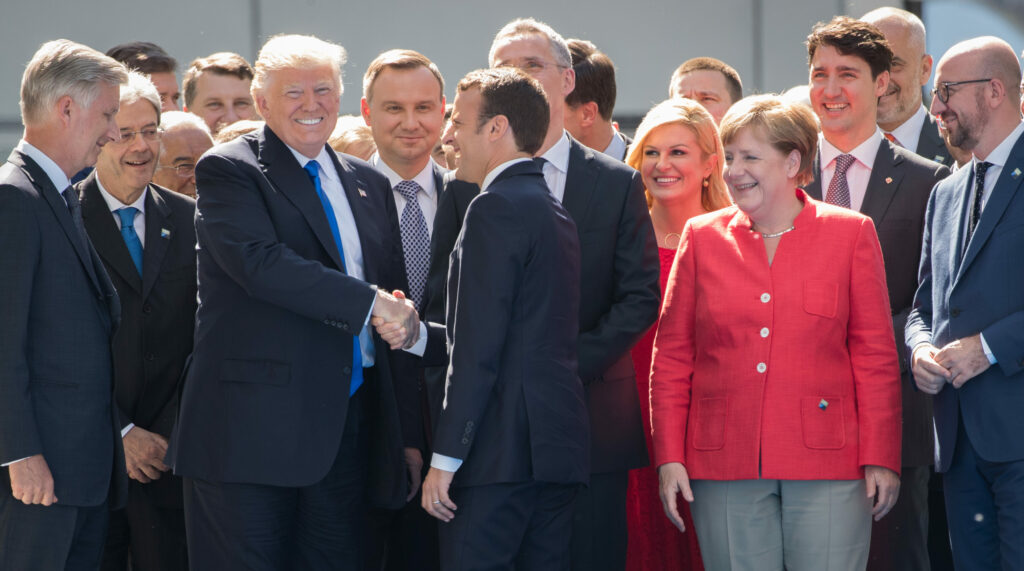Despite significant differences, Donald Trump and Emmanuel Macron on Monday affirmed their commitment to work together to end the war in Ukraine, three years to the day after the Russian invasion began.
The French president was welcomed by his American counterpart in the Oval Office and promised discussions towards a "lasting" peace and hoped for strong American involvement in this pursuit. Donald Trump praised his "special" relationship with Macron and expressed confidence in ending hostilities within "a few weeks."
Trump also said that an agreement with Ukraine on American access to the country's minerals was "very close" and even suggested that Ukrainian President Volodymyr Zelenskyy could come to the White House to ratify it, "this week or next."
The US President claimed Putin would agree to the future deployment of European troops in Ukraine but was vague about the security guarantees Washington might provide for these soldiers. Macron said that "Europeans are ready to go as far as sending troops" to ensure "peace is respected".
The two leaders exchanged a few jokes and pleasantries in a rather relaxed atmosphere, including vigorous handshakes that have become a hallmark of their diplomatic relationship, honed during Trump's first term (2017-2021).
While Emmanuel Macron spoke of Russia as an "aggressor" of Ukraine, Trump continues to put both countries on the same level, occasionally blaming Zelenskyy for the conflict.
What a truce could look like
"The framework should be as follows: negotiations between the United States and Russia, and between the United States and Ukraine," Macron told Fox News, welcoming Donald Trump's announcement of a potential visit by Ukrainian President Volodymyr Zelensky to the White House.
"We need a ceasefire first. I believe it could be agreed upon in the coming weeks," Macron added in English. He has recently spoken with almost all European leaders. "If it is not respected, it will be the best proof that Russia is not serious."
The French President questioned what would happen "If we were attacked [by Russia]... What would happen? [Ukraine] needs this message of solidarity from the United States."

